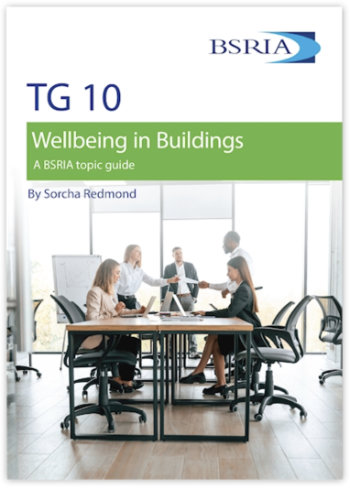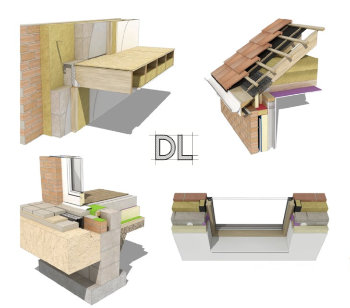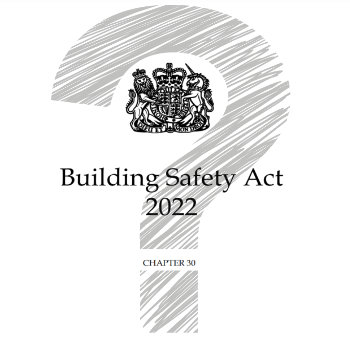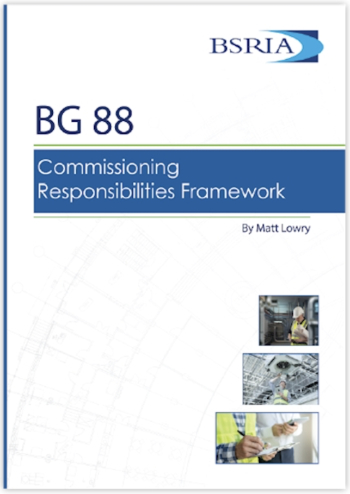Fee simple
The term 'fee simple' refer to an individual’s absolute ownership of land. It is the most complete ownership interest an individual can have in real property, and with a fee simple title, the owner has the right to possess, use or dispose of the land as they choose.
The owner of a fee simple title is able to make additions or alterations, subject to bylaws and legal consent requirements. They are also able to sell, gift, or lease the land to others, and to make provisions for its ownership after their death. Restrictive covenants can also be registered on the land by the owner.
The term is derived from the words ‘fee’, which denotes an inheritable interest in land, and ‘simple’, which denotes the fact that, historically, the land could be inherited by ‘general heirs’, i.e. as long as there were heirs to inherit, the estate would last indefinitely.
Legislation introduced in 1925 abolished the concept of the heir, and introduced new statutory inheritance rules. While the idea of the ‘heirs general’ is now somewhat different, fee simple still provides that as long as the will of the previous owner makes provision for new person/s to take the land, then the estate can endure indefinitely.
HM Land Registry: 1862 Act Register, glossary, published on 7 November 2014 by HM Land Registry, defines fee simple as: ‘The best type of estate in land. The owner can sell, give away or bequeath it in a will as he wishes.’ Where estate in land is: ‘A kind of ownership in a piece of land which is determined by how long a person could own it. '
[edit] Related articles on Designing Buildings
Featured articles and news
Wellbeing in Buildings TG 10/2025
BSRIA topic guide updates.
With brief background and WELL v2™.
From studies, to books to a new project, with founder Emma Walshaw.
Types of drawings for building design
Still one of the most popular articles the A-Z of drawings.
Who, or What Does the Building Safety Act Apply To?
From compliance to competence in brief.
The remarkable story of a Highland architect.
Commissioning Responsibilities Framework BG 88/2025
BSRIA guidance on establishing clear roles and responsibilities for commissioning tasks.
An architectural movement to love or hate.
Don’t take British stone for granted
It won’t survive on supplying the heritage sector alone.
The Constructing Excellence Value Toolkit
Driving value-based decision making in construction.
Meet CIOB event in Northern Ireland
Inspiring the next generation of construction talent.
Reasons for using MVHR systems
6 reasons for a whole-house approach to ventilation.
Supplementary Planning Documents, a reminder
As used by the City of London to introduce a Retrofit first policy.
The what, how, why and when of deposit return schemes
Circular economy steps for plastic bottles and cans in England and Northern Ireland draws.
Join forces and share Building Safety knowledge in 2025
Why and how to contribute to the Building Safety Wiki.
Reporting on Payment Practices and Performance Regs
Approved amendment coming into effect 1 March 2025.























Comments
[edit] To make a comment about this article, or to suggest changes, click 'Add a comment' above. Separate your comments from any existing comments by inserting a horizontal line.